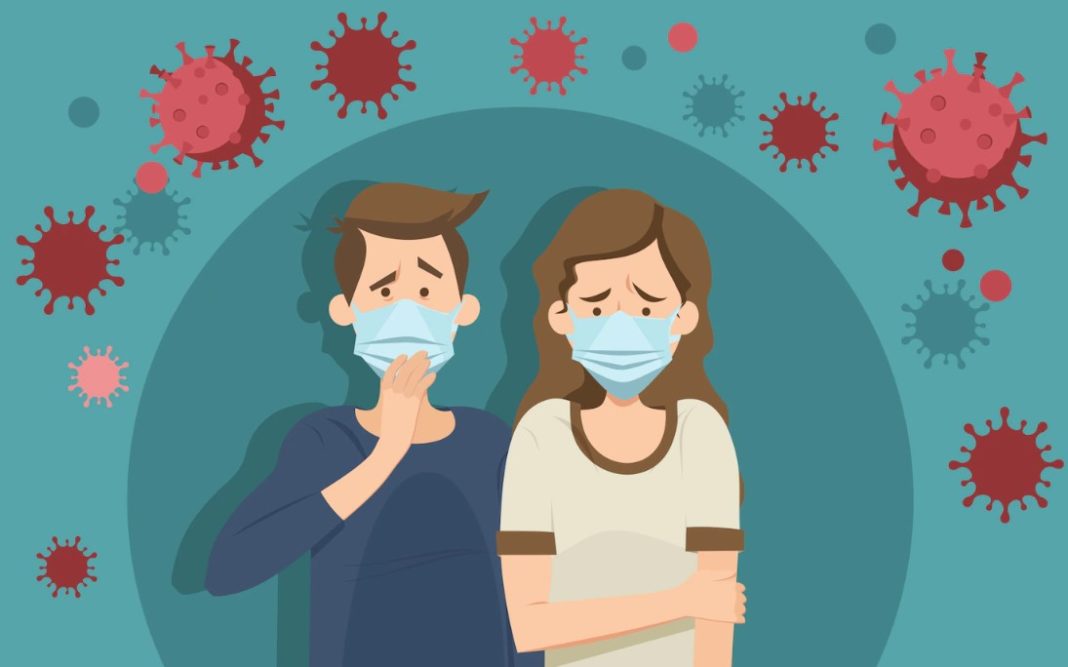COVID-19-related anxiety may be debilitating, particularly if you already have an anxiety problem. However, you are not helpless. These suggestions might assist you in getting through this trying moment.
Recognizing Your Anxieties
It is a terrifying period. We are in the middle of a global epidemic, with many areas shut down entirely or partly, and others attempting to reopen in a safe manner. Some of us live in places where the incidence of coronavirus infection is increasing. Others are waiting to see what happens next. And we are all asking, “When is this going to end?” when we read the headlines.
The ambiguity around coronavirus is the most difficult thing for many individuals to deal with. We still do not know how we will be affected, how long it will persist, or how awful things will get. And it is all too easy to become caught up in a downward cycle of dread and terror as a result. However, even in the midst of this particular catastrophe, there are numerous things you can do to control your worry and concerns.
Keep up with the news, but do not overdo it.
It is critical to be informed, especially about what is going on in your neighborhood, so you can take the necessary measures and help halt the spread of coronavirus. However, there is a lot of disinformation out there, as well as sensationalistic reporting that simply adds to the dread. It is important to be selective in what you read and see.
- Stick to reliable sources like the Centers for Disease Control and Prevention, the World Health Organization, and your local public health authority.
- Reduce the number of times you check for updates. Constantly checking news and social media feeds may soon become addictive and unhelpful, increasing anxiety rather than alleviating it. Everyone’s limit is different, so pay attention to how you are feeling and make adjustments as needed.
- If you start to feel overwhelmed by media, take a break. If anxiety is a persistent problem, try restricting your media use to a set time and day (e.g. thirty minutes each evening at 6 pm).
- Request that someone you can trust share vital information with you. If you would like to stay away from the media totally, ask someone you trust to inform you of any significant news you should be aware of.
- Be cautious about what you disclose. Make every effort to double-check information before passing it on. The Coronavirus Collection on Snopes is a good place to start. To prevent spreading misinformation and causing unwarranted alarm, we must all do our share.
Concentrate on the aspects of your life in your control.
We are living in a period of immense change. Many factors are beyond our control, including how long the epidemic will endure, how other people will act, and what will happen in our communities. That is a difficult thing to swallow, and many of us react by continually exploring the Internet for solutions and imagining all the possible outcomes.
However, as long as we are concentrating on issues with unanswerable solutions and events beyond our control, this technique will leave us exhausted, nervous, and overwhelmed.
Try to redirect your attention to things you can control when you find yourself becoming caught up in the worry about what could happen. You can not influence how serious the coronavirus epidemic is in your city or town, but you can take measures to lower your own risk (and the danger of accidentally spreading it to others) by doing things like:
- Handwashing with soap and water or a hand sanitizer for at least 20 seconds.
- Keep your hands off your face (particularly your eyes, nose, and mouth).
- Even if you are not unwell, try to remain at home as much as possible.
- Avoid large groups and gatherings of more than ten individuals
- Avoid any purchasing and travel that is not absolutely necessary.
- When you are out and about, establish a 6-foot gap between yourself and people.
- Getting enough sleep is beneficial to your immune system.
- Following all of the health officials’ advice.
Make a plan for what you can do.
It is understandable to be anxious about what could happen if your job shuts, your children are forced to stay home from school, you or someone you care about becomes ill, or you are forced to self-quarantine. While contemplating these possibilities might be frightening, acting proactive can help alleviate at least part of the stress.
- Make a list of particular concerns you have about how the coronavirus can affect your life. Take a break if you start to feel overwhelmed.
- Make a note of all potential solutions that come to mind. Do not get too hooked up on “ideal” choices. Include whatever comes to mind as a way to help you get by.
- concentrate on specific things you can modify or fix.
- Make a plan of action once you have analyzed your choices. Set it away after you are finished and avoid the impulse to return to it unless you need it or your circumstances drastically altered.
If you are interested in more articles like this, here’s one about why people smoke and why quitting is difficult.



